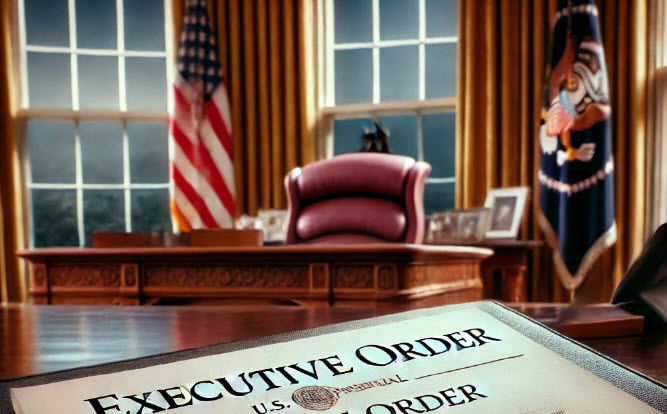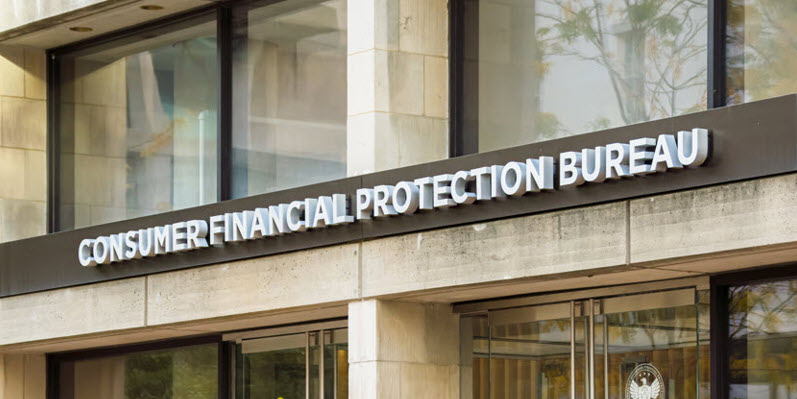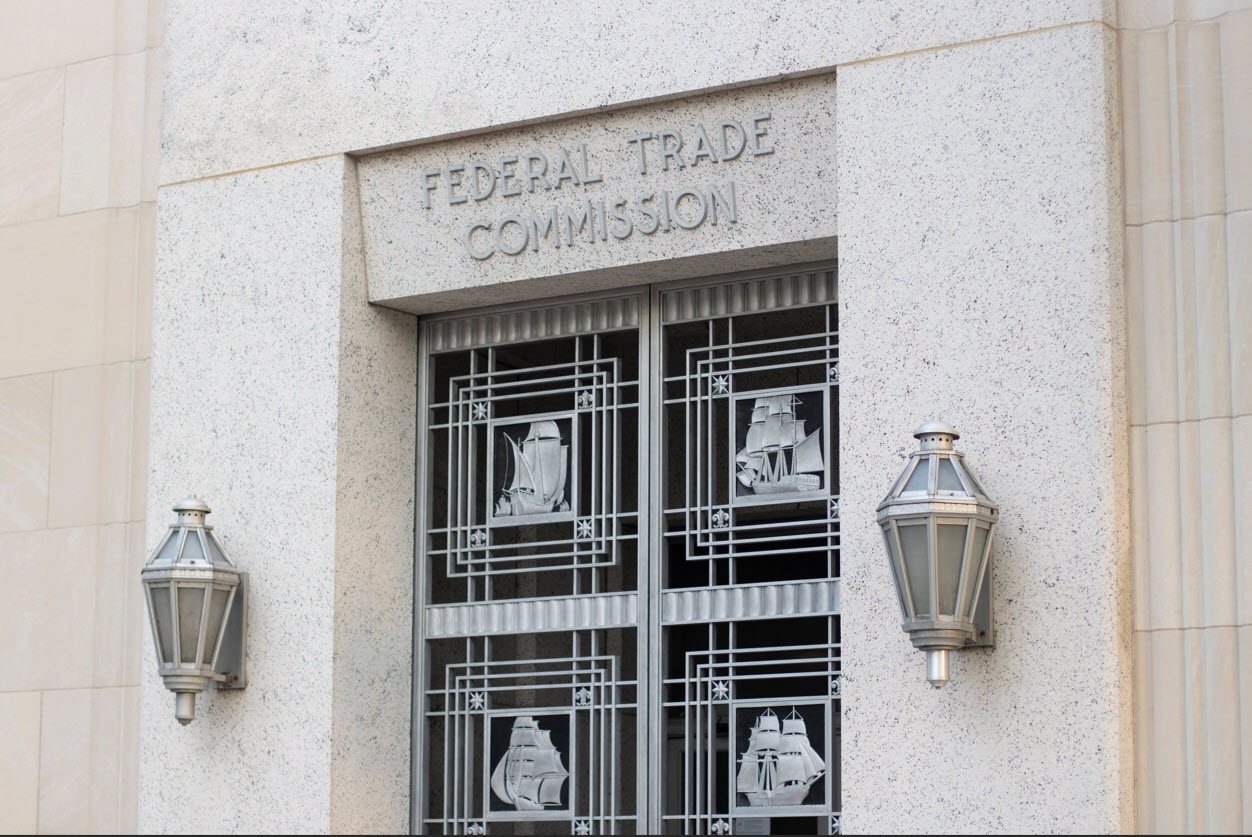A recent executive order has expanded presidential supervision over both the executive branch and independent regulatory agencies, such as the Federal Communications Commission (FCC) and the Federal Trade Commission (FTC). The order introduces new oversight measures aimed at ensuring greater accountability and coordination across federal agencies.
Increased Oversight and Regulatory Review
The order, Ensuring Accountability for All Agencies, mandates that all executive departments and independent agencies submit proposed and final significant regulatory actions for review before they can be published in the Federal Register. This process will be overseen by the Office of Information and Regulatory Affairs (OIRA) and the executive office of the president to ensure consistency with broader administrative policies.
The director of the Office of Management and Budget (OMB) has been tasked with guiding agencies through this new process. Responsibilities include setting performance standards for agency leaders and adjusting agency budgets as needed to align with policy priorities. Additionally, agency heads will meet regularly with the OMB director, the White House Domestic Policy Council, and the White House National Economic Council to coordinate regulatory actions and policy objectives.
Each independent regulatory agency will also be required to appoint a White House liaison to facilitate communication and oversight. The executive order underscores the importance of ensuring that executive power remains under the supervision of elected leadership. It also clarifies that legal interpretations within the executive branch will be determined by the president and the attorney general to prevent conflicting agency interpretations.
Potential Legal Challenges and Legislative Responses
The new order adds an additional review process for agencies such as the FCC and FTC, potentially affecting how quickly new regulations are implemented. Legal challenges are expected, as some agencies were originally established by Congress with a degree of independence from the executive branch.
Meanwhile, legislative efforts to curb regulatory actions by federal agencies have also been advancing. The House of Representatives recently passed the Midnight Rules Relief Act, which would allow Congress to overturn multiple agency rules in one resolution under the Congressional Review Act (CRA). This bill reflects ongoing concerns about regulatory changes, particularly those issued toward the end of presidential terms.
Changes in Agency Leadership
The order coincides with leadership changes at key agencies. The acting director of the Consumer Financial Protection Bureau (CFPB) has already implemented significant changes, including suspending funding, enforcement, and rulemaking. However, a federal court ruling has restricted further removals of CFPB employees and prevented the deletion of CFPB data.
Additionally, a nominee has been selected for a permanent CFPB director, pending Senate confirmation. Until then, the acting director will continue overseeing agency operations.
Looking Ahead
As this executive order takes effect, its impact on regulatory processes and agency autonomy will continue to unfold. The additional oversight measures, legal challenges, and legislative responses are likely to shape the future of federal agency governance in the coming months.

Author: Jennifer Evancic
Jennifer.Evancic@ResourceManagement.com
Jennifer Evancic is a third-party auditor valued by creditors and large organizations for her knowledge in call monitoring within the collections industry. With meticulous attention to detail and a firm grasp of regulatory requirements, she ensures compliance with clients’ criteria and state and federal regulations.
Jennifer audits collections calls, ensuring they meet client-specific criteria and comply with regulations, providing valuable insights and maintaining industry standards.
Beyond her auditing responsibilities, Jennifer takes the lead in organizing and facilitating monthly call calibrations. These sessions serve as a collaborative forum where clients and their vendors come together to discuss call monitoring results and address any findings or areas for improvement. Jennifer’s guidance fosters open communication and ensures alignment between clients and vendors, driving continuous improvement in collections practices.
Jennifer stays up-to-date with compliance and industry best practices by participating regularly in peer meetings, regulatory updates and industry webinars. This keeps her informed about emerging issues and ensures she remains a knowledgeable leader in collections compliance.

Sign Up for the Twice Monthly Newsletter
Just enter your email address at the top orange bar at:
Collection Compliance Experts – “The Power of Expertise: Oversight Perfected”
It’s that easy! Twice a month – we provide blog updates and Resources for the Collection and Industry Professional.
Your email is just for this newsletter. We never sell your information. No fee. Opt-out at any time.




